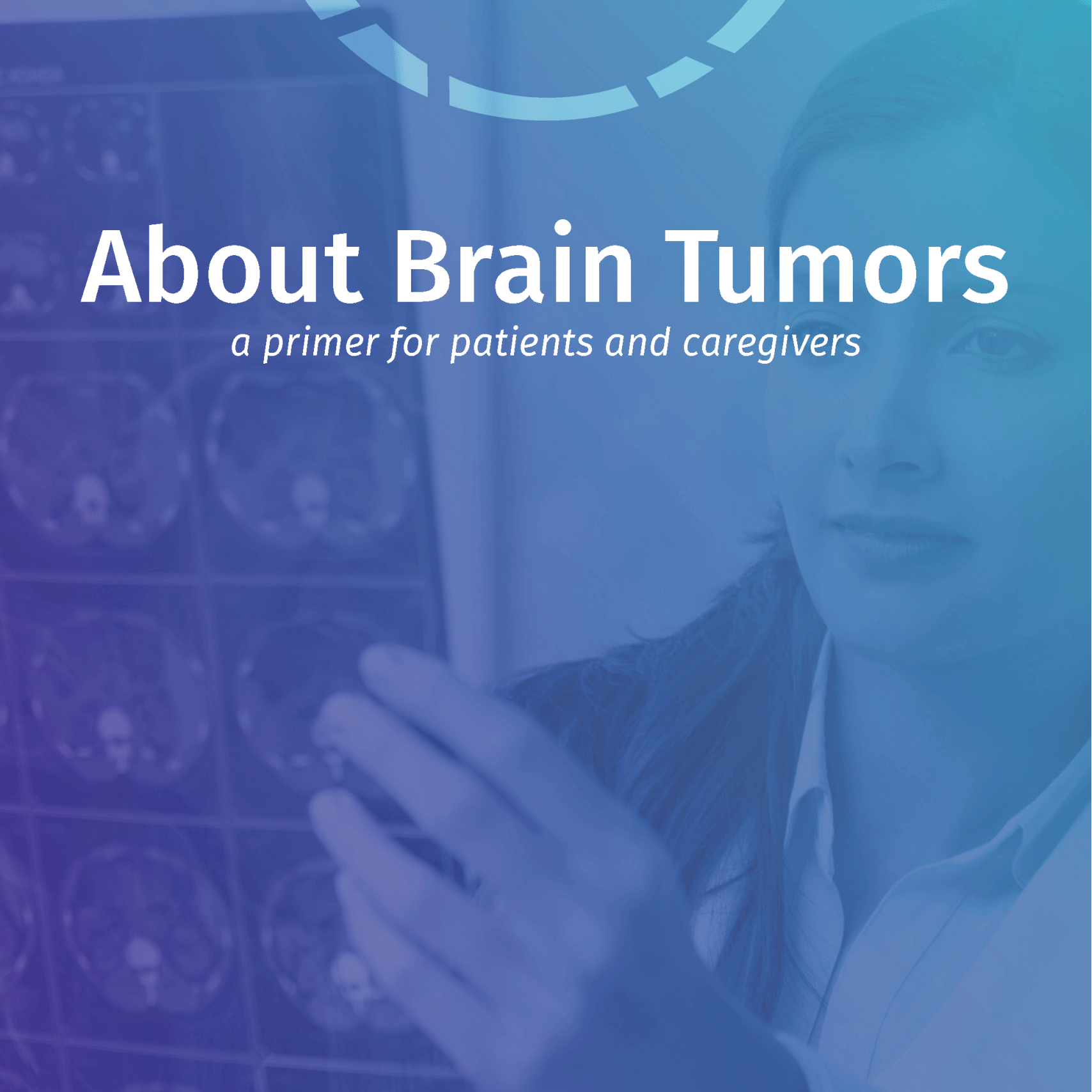Building a Foundation for Effective Care
A brain tumor diagnosis can feel overwhelming, but taking intentional first steps will set the stage for effective treatment and support. Here’s a guide to navigating those crucial early days, empowering both patients and caregivers to take an active role.
Step 1: Understanding Your Diagnosis
Knowledge is power, so start by gathering as much information as possible. Work with your doctor to answer these key questions:
- What type of tumor do I have?
- Is it benign or malignant?
- What are the recommended next steps?
Step 2: Building Your Care Team
Your care team may include specialists like neurologists, oncologists, and therapists. You may also be introduced to a nurse navigator, who acts as a guide through the healthcare system.
Step 3: Prioritizing Emotional Well-Being
Receiving a diagnosis can trigger fear and anxiety. Addressing your emotional health is just as important as your physical health:
- Therapy: A mental health professional can help process emotions.
- Support Groups: Connect with others through local or online communities. The ABTA has a robust list of in-person and virtual support groups around the country, see them here.
Actionable Tips for Patients
- Create a Binder: Organize medical records, appointment notes, and test results in one place.
- Ask for Clarifications: Don’t be afraid to ask your care team to explain medical jargon in simple terms.
- Plan for Lifestyle Adjustments: If driving is restricted or your work schedule will change, start planning alternative arrangements.
How Caregivers Can Help
- Be a Listening Ear: Let your loved one process their emotions without judgment.
- Research Resources: Look into financial assistance, support groups, and caregiver networks.
- Stay Organized: Maintain a calendar for appointments and medication schedules.
By focusing on small, manageable steps, patients and caregivers can create a path forward. Together, you’re building a foundation for resilience and care.
Check out our Newly Diagnosed Toolkit
We’ve put together a few first steps to help you navigate your brain tumor journey. This free “Newly Diagnosed Toolkit” has what you need to get started, including diagnosis, treatment, and tumor-specific information for some tumor types.out


























